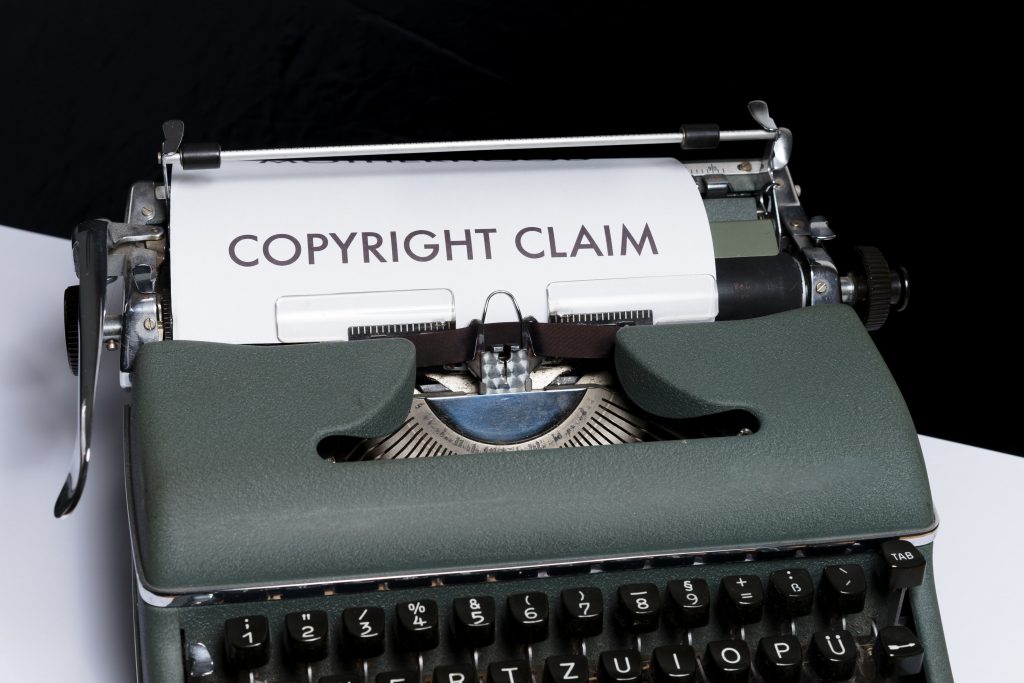WHAT IS A COPYRIGHT?

There is much confusion around what people can trademark or copyright. A copyright is a type of legal protection given to content creators and artists. When a person creates a story, a work of art, or a piece of software, the copyright provides legal ownership of the work. The creator receives exclusive rights to the use and distribution of the work for a set amount of time.
What Is Eligible for a Copyright?
The following works are eligible for a copyright:
- All literary works: These include short stories, poems, newspaper articles, blogs, plays, and reference materials.
- Advertisements
- Architecture
- Artistic works: These include drawings, paintings, pictures, and sculptures.
- Technical Drawings
- Films
- Television shows
- Podcasts
- Choreography
- Musical compositions
- Concerts and other live performances
- Computer software
- Computer hardware
For any of these works to qualify for a copyright, they must meet what the law describes as “some minimal degree of creativity.”
What Is Not Eligible for Copyright Claim?
The primary areas where someone cannot claim copyright status are:
- Facts
- Ideas
- Methods of Operation
- Systems
Which Protections Does a Copyright Give?
Think of a copyright as your ownership of something that you’ve created. Whether you take a picture, write a short story, or compose a piece of music, it’s your work. A copyright gives you legal protection over that creation. As the copyright owner, only you have the right to:
- Reproduce the Work: You can make copies of the content you created. You may distribute your work as you see fit.
- Create Other Works Based on the Original Work: For example, you may want to combine a series of blog posts into a book.
- Display the Work in Public: When you create art, you may want others to look at it. Your painting, statue, or installation is yours to show wherever you like.
- Ability to sell copies of your work: You can profit from your copyrighted idea by selling it.
- Perform the Work in Public: When you write music, a book, a play, or anything else you can display in public, you have the right to do so. For example, you have the right to play your own music at a concert.
You as the content creator with a copyright hold these rights for a period of time. You cannot lose them unless you legally give them up. You own the rights to your works in the same way that you own your house or car. Nobody else can use any of it without your express permission.
How Long Does a Copyright Last?
The time limit for a copyright depends on the date of the work. Anything created after January 1, 1978, has a copyright for the life of the author plus 70 years.
That means that a person who dies tomorrow would have a copyright on their work for 70 years and one day.
Does a Person Have to Register a Copyright?
No, creating the work automatically gives a person a copyright. Registration of the copyright is voluntary. A person may register their work at any point during the timeframe when their work is eligible for copyright. Still, official registration lets the creator:
- Have a public record of their copyright claim
- File an infringement lawsuit in court
For more information on how to legally start and grow your business please visit my website at www.BaglaLaw.com
Disclaimer: This information is made available by Bagla Law Firm, APC for educational purposes only as well as to give you general information and a general understanding of the law, and not to provide specific legal advice. This information should not be used as a substitute for competent legal advice from a licensed professional attorney in your state.

